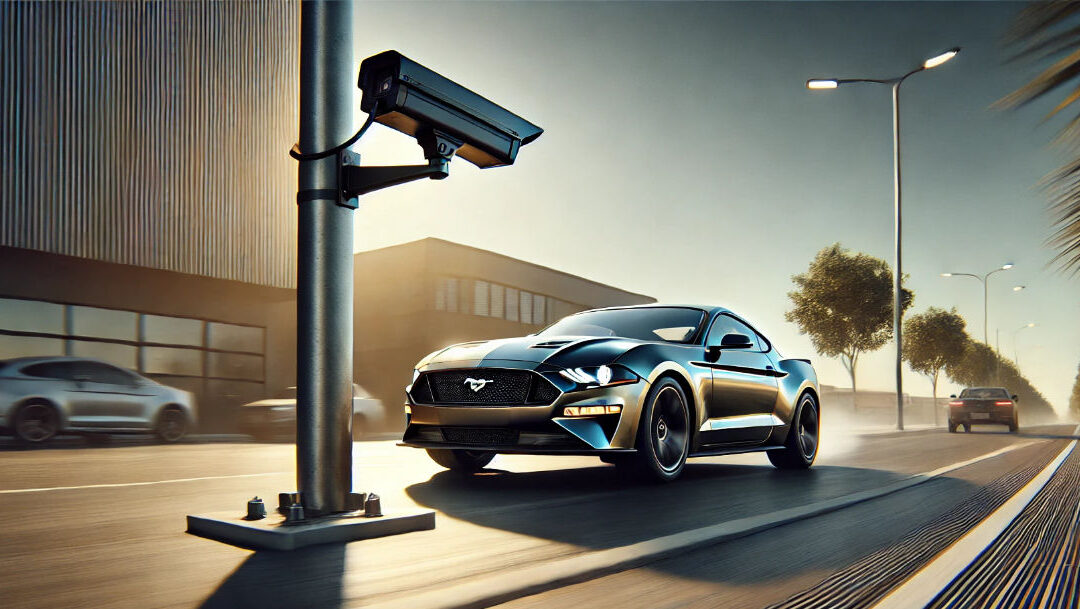The NC license plate reader program is part of an ongoing expansion of traffic cameras along major roads. The main purpose of this program is to aid law enforcement in catching those fleeing from justice for major crimes, or to track down stolen cars.
Additionally, WRAL News says, these automatic license plate readers can help identify felony suspects or to locate missing people.
There are critics of the program, though. Those who are skeptical point out that the idea of cameras everywhere, watching all traffic and photographing all cars and license plates would be a violation of basic privacy. Sure, the law says that images of scanned license plates that aren’t part of an active investigation cannot be sold or shared, and must be deleted within 90 days.
90 days is a long time for government entities to hold onto images of innocent people, those critics maintain.
Rep. Pricey Harrison says this of the program:
“It’s great when it catches a kidnapping or a stolen car, but less than 1% of all reads involve a crime. The risk-reward [ratio] there is, you know, not great.” (Source)
Regarding concerns about error rates, Rep. Harrison goes on to say this:
“Consistently, the industry says it’s about 10%. We’re talking millions and millions of cars. They’re predominantly placed in black and Latino neighborhoods. So you get a little bit of bias in there, too.”
How do these license plate readers work?
The automatic license plate readers (ALPRs) are controlled by local law enforcement agencies along roads running between Raleigh, Greensboro, and Charlotte.
These cameras take photos of cars passing by, scanning the license plates and comparing them against a hotlist. That hotlist is made up of stolen cars, those with active warrants, missing people, or those who are “of interest” to those law enforcement agencies.
When the system matches an image it’s just taken with one on the hotlist, it forwards the “when and where” information to law enforcement.
For each scanned license plate where no match is found, the law says it must be deleted within 90 days.
Also, the current laws state that data collected in this way cannot be used to enforce traffic laws. In other words, even if photos taken could suggest someone is speeding or breaking a traffic law, this data can’t be used to issue tickets.

Will McElwee has been a traffic attorney for over 25 years, and has established a solid track record helping folks from Boone and Wilkesboro to Winston Salem address traffic tickets. His family has a long and fruitful history in the area: the McElwee Law Firm began in 1932. Will’s grandfather, William H. McElwee, Jr., was a former president of the North Carolina Bar and sat on North Carolina’s Board of Law Examiners for many years.
As a “Double Deac,” Will attended Wake Forest University for both undergraduate and law school. He is a certified Superior Court and Family Financial Mediator and is also certified in the field of collaborative law.


